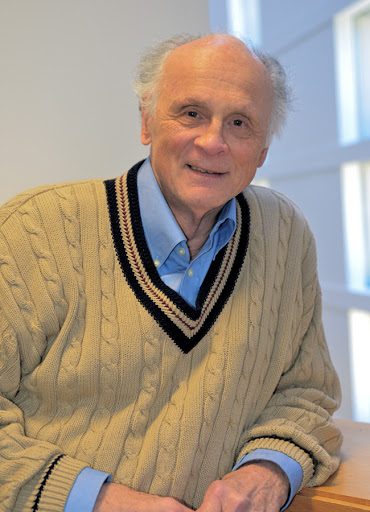
Donald Trump August 19, 2015 rotated
(Image by (From Wikimedia) Michael Vadon, Author: Michael Vadon) Details Source DMCA
Collusion
1. a secret agreement, especially for ... treacherous purposes; conspiracy
2. Law. a secret understanding between two or more persons to gain something illegally ... or to appear as adversaries though in agreement
Treason Whoever, owing allegiance to the United States, ... adheres to their enemies, giving them aid and comfort within the United States or elsewhere, is guilty of treason ... and shall be incapable of holding any office under the United States.
-- 18 U.S. Code 2381 (1994)
Impeachment The President ... shall be removed from office on impeachment for, and conviction of, treason, bribery, or other high crimes and misdemeanors.
-- U.S. Constitution, Article II, 4 (The 25th Amendment to the Constitution provides alternative procedures following a finding that the president is "unable to discharge the powers and duties of his office.")
_______________
What can we pluck from the speculation and wild accusations, alternative facts and devious denials, regarding Russia's involvement in our last presidential election? Here's a quick, three-part summary:
Russia. Russian President Vladimir Putin was not fond of Hillary Clinton and preferred Donald Trump as the next U.S. president. Individuals in Russia were involved in hacking into computers of the Democratic National Committee and Clinton Campaign, and facilitating release of some of their content. They, or others in Russia, prepared propaganda and false, damaging information about Clinton and distributed it throughout the U.S. through social media. However probable it may be that some voters were, to some extent, influenced in their opinions of the candidates, and even ultimate choices at the ballot box, there is no procedure for collecting the data necessary to prove or disprove such suspicions. It is unlikely that, but for these Russian efforts, Clinton would have won the electoral vote (although there's no way that can be proved or disproved). There have been assertions that Russians wanted to manipulate voting machines, but no evidence that, if so, they were successful in doing so.
Trump. A second, related, line of inquiry has involved the past and present ties that Trump, his family, campaign and other associates, may have with Russian oligarchs, banks, politicians and government officials. This includes Americans' interests in investments there (or payments from there) and Russians' investments or payments here. A significant number of individuals in both countries, meetings, and transactions have been identified and reported. Of course, a substantial impediment to a thorough understanding is Trump's refusal to comply with the norm that president's reveal their past tax returns. And the Trump Team's case has not been strengthened by the number of instances in which their contacts with Russians (or payments from Russians) have been denied, only to have been unequivocally confirmed later.
Collusion. A third, and seemingly final inquiry addresses the possibility that there was "collusion," a "conspiracy," among the joint forces of Putin and Trump, working together in their efforts to defeat Clinton and elect Trump. Such a finding ("beyond a reasonable doubt") is somewhere between extremely difficult and impossible to prove without documents (e.g., electronic messages, meeting notes, transcripts of conference calls) or the testimony of those present at such meetings. If a "secret agreement" or "conspiracy" (as "collusion" is defined at the top of this post) can be shown, fine. But an inability to do so should not be the end of the matter. Indeed, it should not have been the beginning, either.
Here is an effort at an explanatory analogy for where the Putin-Trump inquiry should have begun.
Consider the terrorist attack on 9/11. That involved collusion, or a conspiracy -- an organization, communication and control, financing, training, a plan, and the execution of that plan. That was the case with some of the terrorist attacks in Europe and elsewhere. But as our government, intelligence community, and international cooperation became more sophisticated, loose affiliations such as Al Qaeda and ISIS found it increasingly difficult to carry out such organized attacks. Did they give up? No. What did they do? They changed strategy and procedures.
They began sending out to everyone in the world with an Internet connection the equivalent of the computer-generated emails we all get from time to time notifying us that we can't "reply" to the email. They said, in effect, "Don't leave your country; don't try to contact us or come to the Middle East for training; don't try to organize massive destruction like 9/11. Do what you can do where you are: shoot somebody or throw them off a rooftop, make a car bomb or drive your car into a crowd." Many to most of those who were persuaded by these Web pages and social-media messages, persuaded to engage in some terrorist act, were not a part of a conspiracy, or collusion with a terrorist organization's leadership. They had attended no meetings, had no conversations, received no electronic communications personal to them. What they do is "consistent" with the organization's goals and strategies, but it does not constitute "collusion."
(Note: You can view every article as one long page if you sign up as an Advocate Member, or higher).





